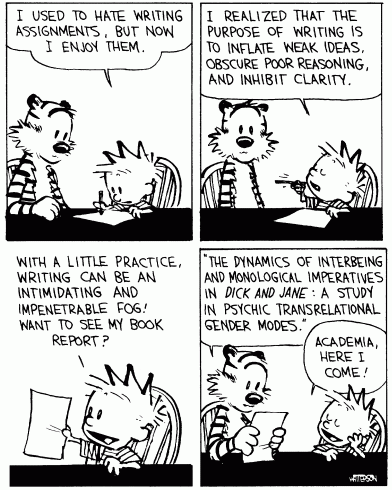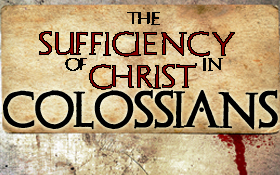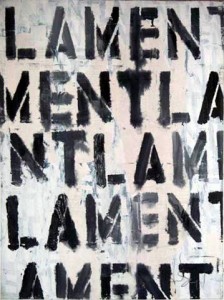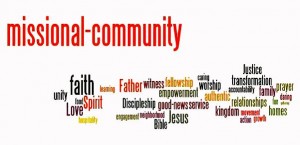(The following is the third of my posts for Dr. Childers’ Readings in Christian Spirituality class. Again, these posts are not meant to display particular MDiv outcomes or competencies. I’m simply sharing them for the fun of it. Enjoy!)
Bartolomé de las Casas obviously wasn’t writing to Christians in 20th- and 21st-century America. But if only he had…
I can imagine… The passion, the powerful words, the deep belief, and the wholehearted devotion pouring from his fingers onto the keyboard and into the blogosphere. His posts would go viral. But maybe not because they were popular. You see, his observations would step on a lot of toes, and we wouldn’t enjoy that so much. But we couldn’t help but pay attention to the prophetic voice of this man who seemed to know our nature far too well for our own liking.
And here I’m actually not thinking of religious wars and plundering and imperialism run amuck, though de las Casas would surely have something to say to these things in our time. These lamentable sins seem to pervade humanity, no matter the time, no matter the place. And de las Casas sure had plenty to say about them in The Only Way. His portrayals of human villainy were chilling in their accuracy, even if they were removed from our own situation by half a millennium.
No, here I’m actually thinking of the Christian culture wars. These wars have ravaged our own nation for so long, leaving many casualties in their wake. Christians bicker and backbite. They call each other names and condemn each other for holding differing beliefs, even if those beliefs are sometimes heartfelt and well founded. And they do all of this in front of a watching world. And not just in front of, but also to a watching world.
Probably the best known example is the Westboro Baptist Church, whose official website, www.godhatesfags.com, informs me both that WBC members have lost exactly zero “nanoseconds of sleep” over my “opinions and feeeeellllliiiiiings” and that in the time it’s taken me to write this paragraph, God has cast exactly 483 555 people into hell. Spewing their hatred almost indiscriminately, groups like WBC attack Christians and non-Christians alike for “unfaithful” lives and actions, making a mockery of the faith as they do so. (You might also check out the lovely little book How to Win the Culture War: A Christian Battle Plan for a Society in Crisis. I confess that I have not and will not read it.)
Though the sin isn’t limited to extremist examples or hot button issues, it surely does prevail in those cases. And I can’t help but think that de las Casas would’ve had something to say about it. For the culture wars of our day claim the same goal as the wars of de las Casas’ day: conversion of the pagan. And they adopt many of the same tactics: coercion, proclaimed condemnation, blind arrogance and egocentrism, violence, intimidation… The list goes on and on. And the results, at least as I’ve been able to observe them, are much the same. While the Christians engaged in the culture wars go around feeling good about themselves, “Pagans are forced to burst out into blasphemy, to curse the Creator since they think the awful injustice they undergo comes from that Creator’s law or precept or prior and wicked command. They will then go on to detest faith and salvation in Christ as a fake, a lie.” (136) Love of neighbor is not embodied (142). Christians proclaim self-holiness more than they actually live the holy life that imitates Christ (144). Though in a different time, a different place, and a different culture, they commit the same sins, and with the same results: non-Christians are driven away, perhaps forever, from Christ.
So while, according to our source, we’re now up to 2,802 people who’ve been cast into hell since our last update, I can’t help but think that Bartolomé de las Casas would have a different view than WBC on why that might be the case and who’s to blame:
“If, as Chrysostom said about Matthew 23, they are unpardonable who just withhold their charity, what pardon will they have who do positive damage? You will suffer torment as the damned, not just for damning yourselves, but also for damning others. You cut off with a quick death the time they needed for conversion and repentance. You sent them straight to the torments of hell. You damned also those who grew to hate our faith because of the awful example you gave, grew to ridicule the universal Church, grew to blaspheme God.” (150)
Yes, I can imagine that de las Casas would have a lot to say to Christians in 20th- and 21st-century America. And though he might even at times and on certain issues step on my own sin-smudged toes, I’d like to think that I’d be there to back him up with a facebook “like” and “share.” Because he’s got something important to say. And the world needs to hear it.






 This experience has helped me jump the biggest hurdle of all: finding my own voice. And I’m not the only one who’s found my voice. Whether she wants it or not, so has the church. God grant that she may find the voices of many other daughters.
This experience has helped me jump the biggest hurdle of all: finding my own voice. And I’m not the only one who’s found my voice. Whether she wants it or not, so has the church. God grant that she may find the voices of many other daughters.










